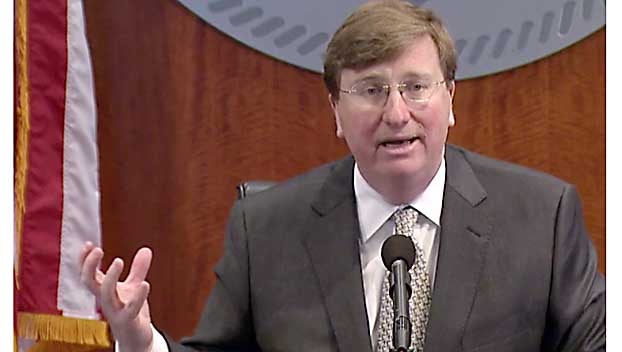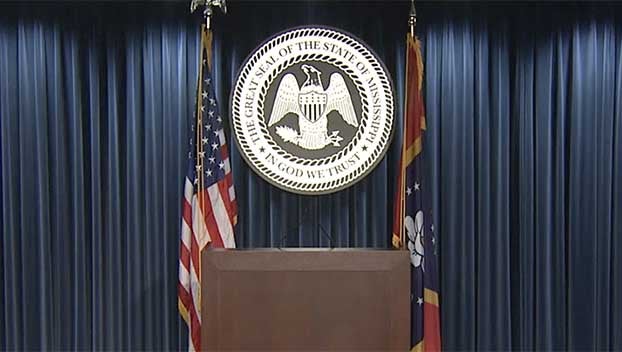For Mississippi to flourish teachers must be paid better, but a strike is not wise approach
Published 8:31 am Thursday, April 11, 2019
Mississippi’s teachers are underpaid.
The state’s educators are among its most important employees, given the impact they have in preparing Mississippi’s future generations. As we’ve written many times before, the state must continue to do more to fairly compensate them, to attract more people into the profession and to retain its high quality educators.
That said, we do not believe a teacher strike to be the correct approach.
There have been reports that Mississippi teachers are considering a strike in response to frustrations that arose during the 2019 Legislative session. Those include a teacher pay increase that was smaller than many hoped it would be, as well as a last-minute action by lawmakers to add funding to a program that provides state-funded scholarships to parents of special needs students for private schools.
And while we understand their emotions, responding by striking would be an inappropriate mechanism. It would disrupt educational environments, significantly harm students and parents throughout the state, and risk shattering the goodwill that teachers have built.
Bear in mind those who would be most hurt by the strike would be students, who are trying to finish the school year on a strong note, and parents. A teachers’ strike would impact hundreds of thousands of parents throughout the state – many of whom have not received pay raises themselves – who would be sent scrambling to find last-minute childcare. It would risk inciting significant backlash from the very taxpayers who fund their salaries.
The only previous time Mississippi teachers have gone on strike came in 1985 when they were protesting a lack of support from Gov. Bill Allain and the Legislature for a proposed $3,500 pay increase. More than 9,000 teachers walked off their jobs across 58 of the state’s 154 school districts, according to Education Week, with the action resulting in an eventual $4,400 pay raise that was phased-in over three years. However, it also led to legislation making it illegal for Mississippi educators to go on strike.
Teachers had much hope going into this year’s legislative session, with most pundits believing election-year politics would yield them a pay increase. It did, but the final $1,500 raise was much smaller than the $4,000 over two years that had passed through the state House.
Mississippi ranked last in the nation for average teacher salary with an average of $42,925, according to a 2018 survey by the National Education Association. As we’ve written before, we believe raising teacher pay must remain an annual priority for lawmakers until salaries are equal to and above the Southeastern average.
There is a growing public consensus that the state must pay its teachers more, and teachers should continue to leverage that. But they should not do so by going on strike.
This editorial was originally published in the The Northeast Mississippi Daily Journal newspaper in Tupelo.






